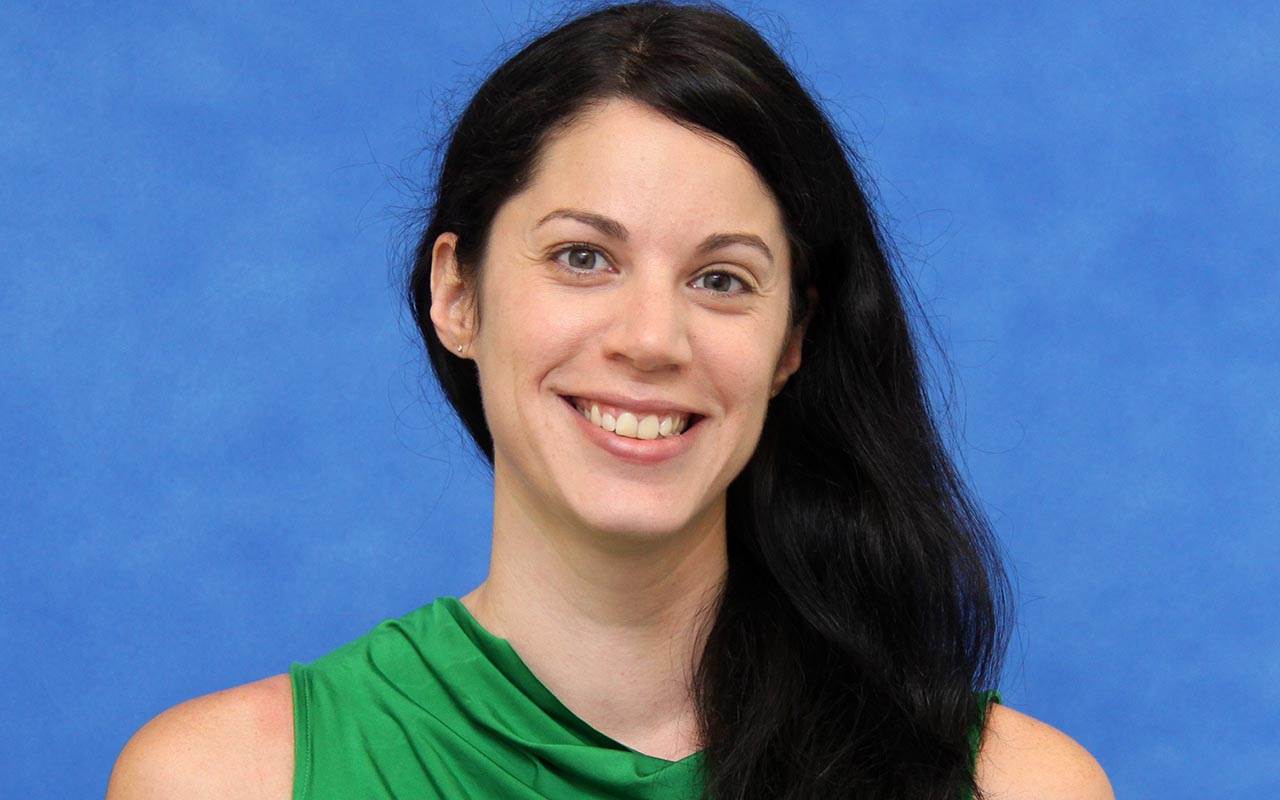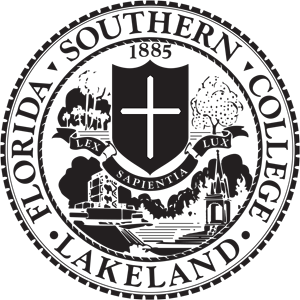
FSC Professor Presents Results of Research Study on Students’ First-Year Experiences
Apr 6, 2021

An assistant professor of social science at Florida Southern College, Dr. Chastity Blankenship, was one of four faculty researchers from around the nation who collaborated on a recent study of the experiences of first-year college students. The research team, consisting of faculty from member campuses of The New American Colleges & Universities (NACU), presented its findings in February as part of an online conference on student learning, development, and success.
The researchers presented their report — “Intersections: Liberal Learning, Professional Preparation and Civic Engagement in Action on NACU Campuses” — during the 40th Annual Conference on the First-Year Experience, which was held virtually Feb. 15-19. The team’s presentation was based on a research study conducted by all four faculty presenters in first-year classes at each of their campuses, and involved a total of 138 students.
“Our research findings indicate that students at NACU institutions quickly learn the importance of working with others during their first semester at college,” says Dr. Blankenship.
NACU is a collaborative national network of private colleges and universities that purposefully integrate liberal arts, professional programs, and civic engagement. Founded in 1995, the organization represents more than 20 institutions that serve nearly 100,000 undergraduate and graduate students. Its mission is to connect campuses in the delivery of innovative ideas that will prepare graduates to find professional success and to contribute as responsible citizens of a global society and workforce.
“When assessing their major course assignments, students were able to discuss what can be gained from interacting with diverse cultures,” according to Dr. Blankenship. “Students also demonstrated their ability to express, listen, and adapt their own ideas based on others’ perspectives. Further, students’ self-reported attitudes toward the importance of working together to solve problems increased over a three-month period.”
Dr. Blankenship was joined in presenting the research findings by faculty members from Nazareth College in Rochester, New York; North Central College in Naperville, Illinois; and Queens University of Charlotte in Charlotte, North Carolina. The research team surveyed students in learning communities — small-group pairings of thematically linked courses required of all first-year students at Florida Southern — or in classes that were designated as first-year learning experiences.
“I’m certainly proud of Dr. Blankenship for taking on this extra project in collaboration with colleagues from across the nation,” says Dr. Brad Hollingshead, FSC’s provost and The Dahl and Lottie Pryor Chair in English. “This important research speaks to some key issues in higher education on a national level. At FSC, these issues are addressed through the interdisciplinary approach of our learning communities, which allow students to engage in collaborative problem solving while also learning to make connections between their courses and settings outside of the classroom.
The research team measured civic engagement and career preparation at each of their four campuses, using rubrics established by the Association of American Colleges & Universities (AAC&U). Assessments focused on the students’ civic communication skills, their demonstrated engagement with diversity, abilities to evaluate and apply diverse perspectives and to take a position while acknowledging other views. All of Dr. Blankenship’s research was centered on students who were part of her first-year learning communities, which included major class assignments addressing the ability of students to incorporate another person’s message or viewpoint into their own thinking. Assessments also were based on pre- and post-semester surveys of students who were involved in the study.
In their initial analysis of the research findings, Dr. Blankenship and her collaborators found statistically significant positive change in several areas: learning through real-life connections to content; understanding of professional responsibilities; belief in solutions to societal problems through collaboration; personal judgments blocking a speaker’s message; learning to engage in problem solving; and confidence in college and post-graduate plans. The team’s conference presentation highlighted examples of connection between civic engagement and professional preparation, while also noting some differences between student and faculty perceptions of learning.
The annual conference, which was sponsored by The National Resource Center for The First-Year Experience and Students in Transition at the University of South Carolina, took place online between Feb. 15 and 19, 2021. Its aim is to serve as an ongoing forum where higher education professionals are able to explore topics related to supporting student learning, development, and success in the first year of college.